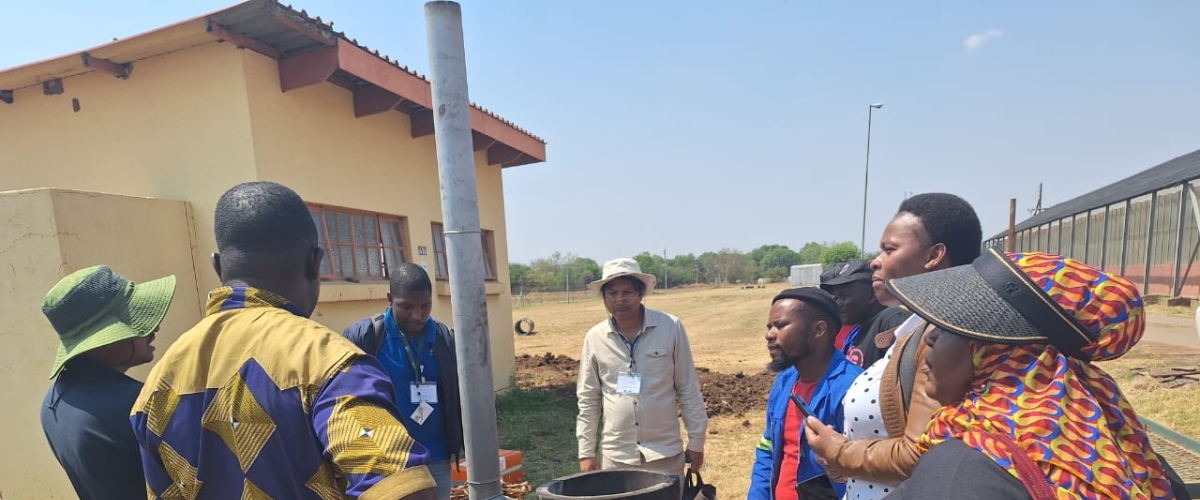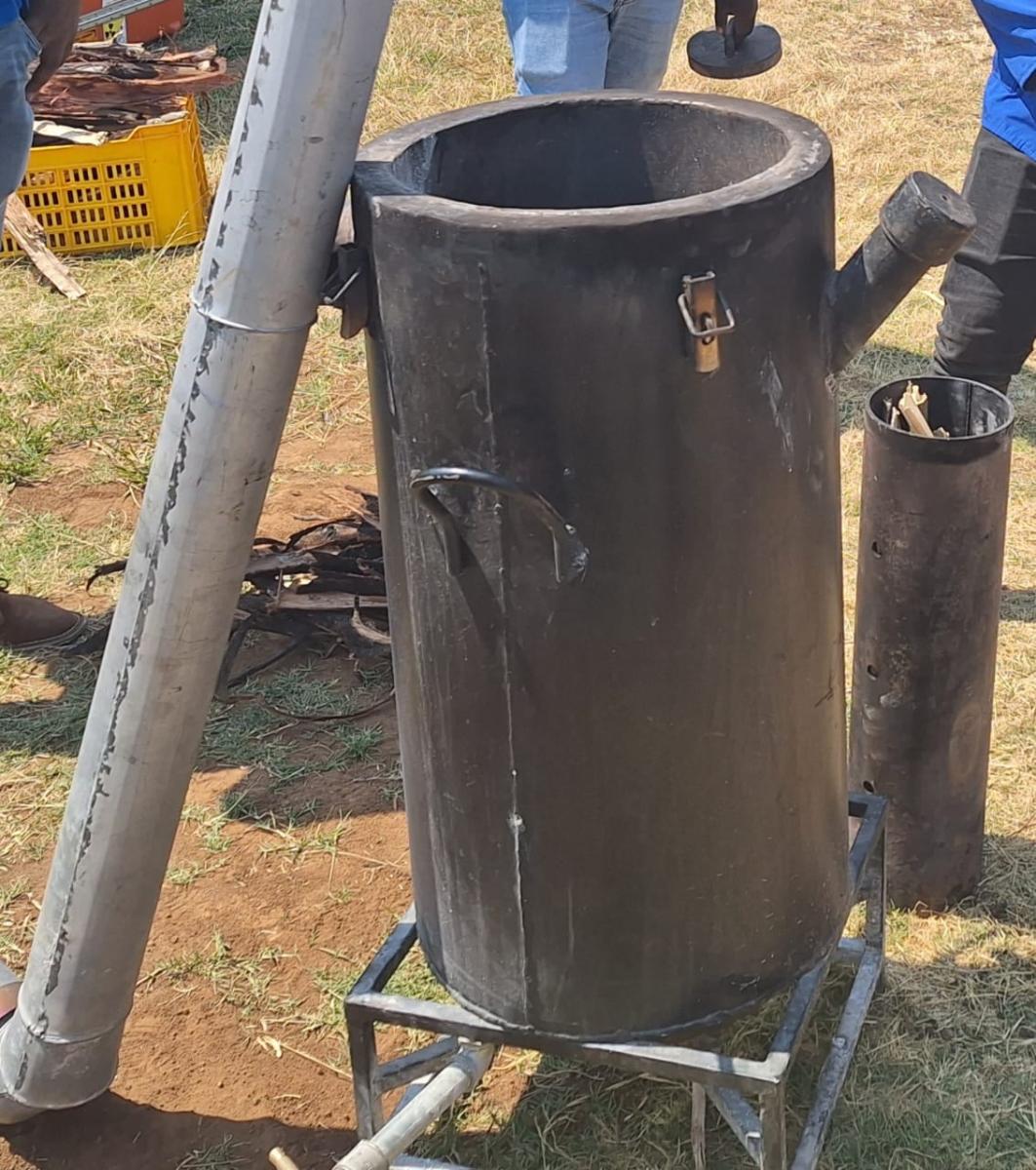
By Ms Keneilwe Bungile, Ms Vidah Mahava, Dr. A Zuma
In a significant development, officers from the Centre for Coordination of Agricultural Research and Development for Southern Africa's Information and Communication Management (CCARDESA ICKM) recently visited the Agricultural Research Council (ARC) in South Africa. Their visit uncovered remarkable strides made by ARC in implementing the Revenue Diversification Pathways in Africa through bio-based and Circular Agricultural Innovations (DIVAGRI), an EU-funded initiative involving a consortium of 20 European and African R&D organizations.
DIVAGRI's central mission is to empower smallholder and subsistence farmers across Africa by enhancing their farm productivity, profitability, and resilience. This is achieved through advanced resource management, diversification of outputs, and the creation of high-value circular bioproducts. The project is a beacon of environmental, social, and economic sustainability, aiming to forge new local economic opportunities.
Launched in nine countries, DIVAGRI has a strong foothold in Africa, with Botswana, Ghana, South Africa, Namibia, and Mozambique actively involved. The project introduces five cutting-edge technologies:
Multifunctional Constructed Wetlands for Wastewater Utilization (MFCW)
Low-Tech Mobile Kilns for Biochar Production
Solar-Supported Biogas Digesters
Ethnobotanical Intercropping and Regenerative Farming
Insect Farming, Mushroom Production, and Biorefinery of Farm Residues.
These technologies are adopted in diverse ways across the pilot countries. Farmers engage with these innovations at both pilot and demonstration sites. Dr. Hintsa Ara, the DIVAGRI Program Coordinator at ARC-Roodeplaat, highlights the current pilot projects, with a special focus on mobile kilns and the innovative Three-in-One Stove, which have gained significant traction in his community.

The Three-in-One Stove, a multifunctional device for cooking, heating water, and energy generation, stands out as a flagship innovation. Dr. Hintsa emphasizes its design, focused on practical farmer needs, including the production of biochar. This stove symbolizes the fusion of technology and nature, heralding a new era of interconnected well-being.
ARC plays a crucial role in ensuring sustainable project implementation across the participating countries, assessing the impact on resources, livelihoods, and community dynamics. By adopting a transdisciplinary, collaborative approach, ARC actively involves partners and end-users in co-developing solutions and economic models, shaping a future where agricultural innovation enhances both life and the environment.
This visit by CCARDESA ICKM officials highlights the transformative impact of DIVAGRI, showcasing ARC's commitment to pioneering sustainable agriculture in Africa.
The authors are CCARDESA ICKM Focal point members from Botswana, Tanzania, and South Africa.





